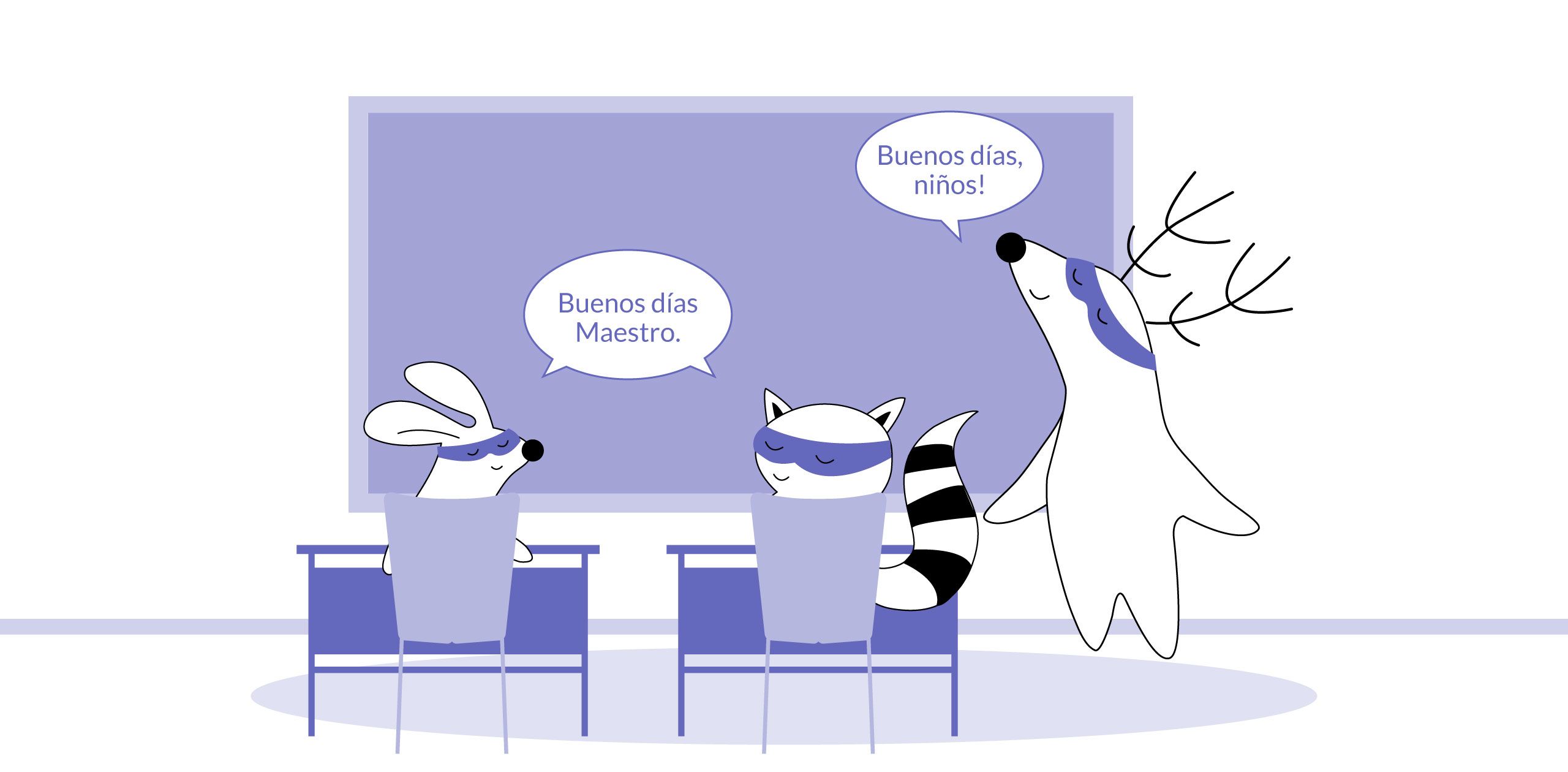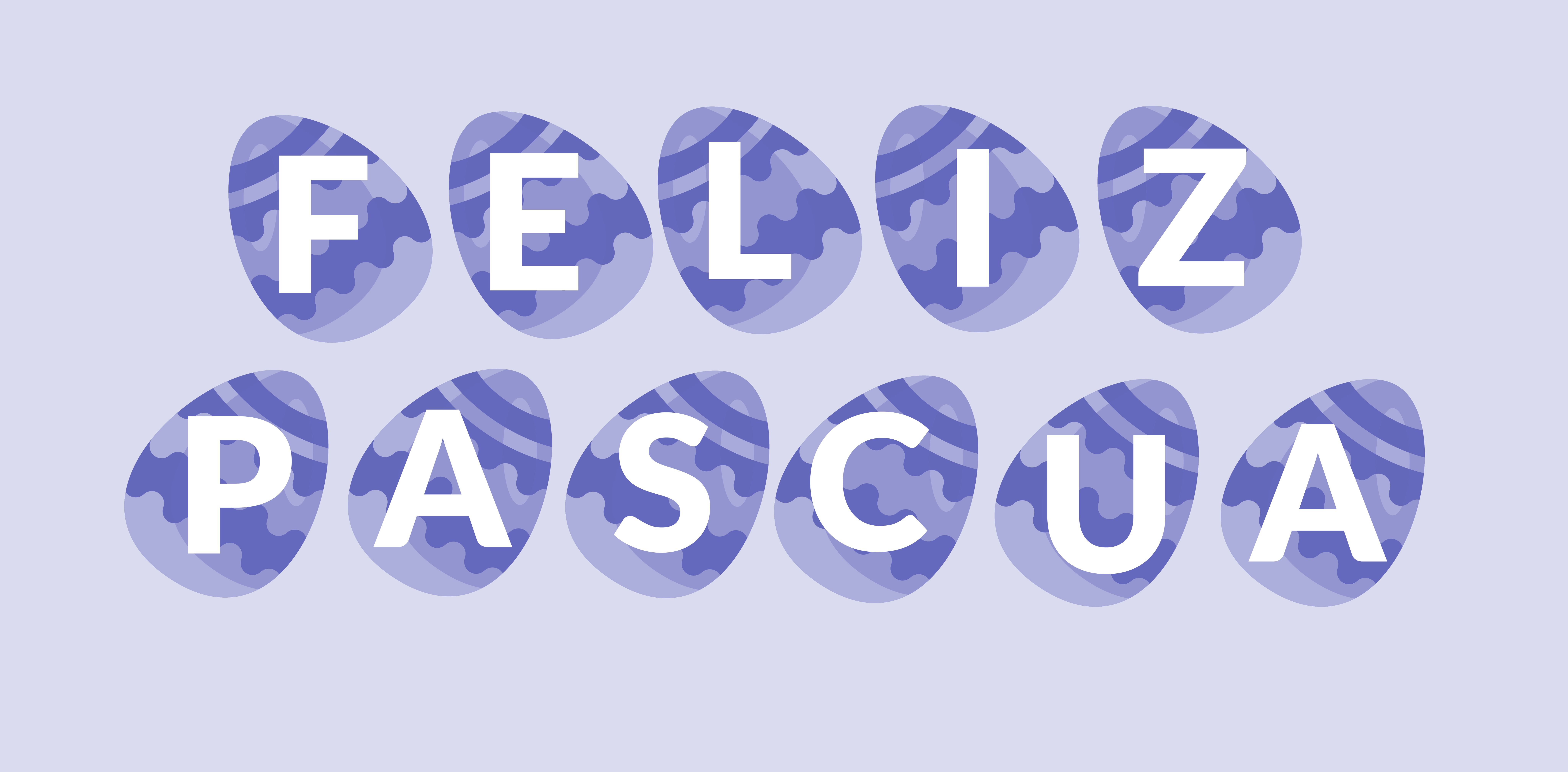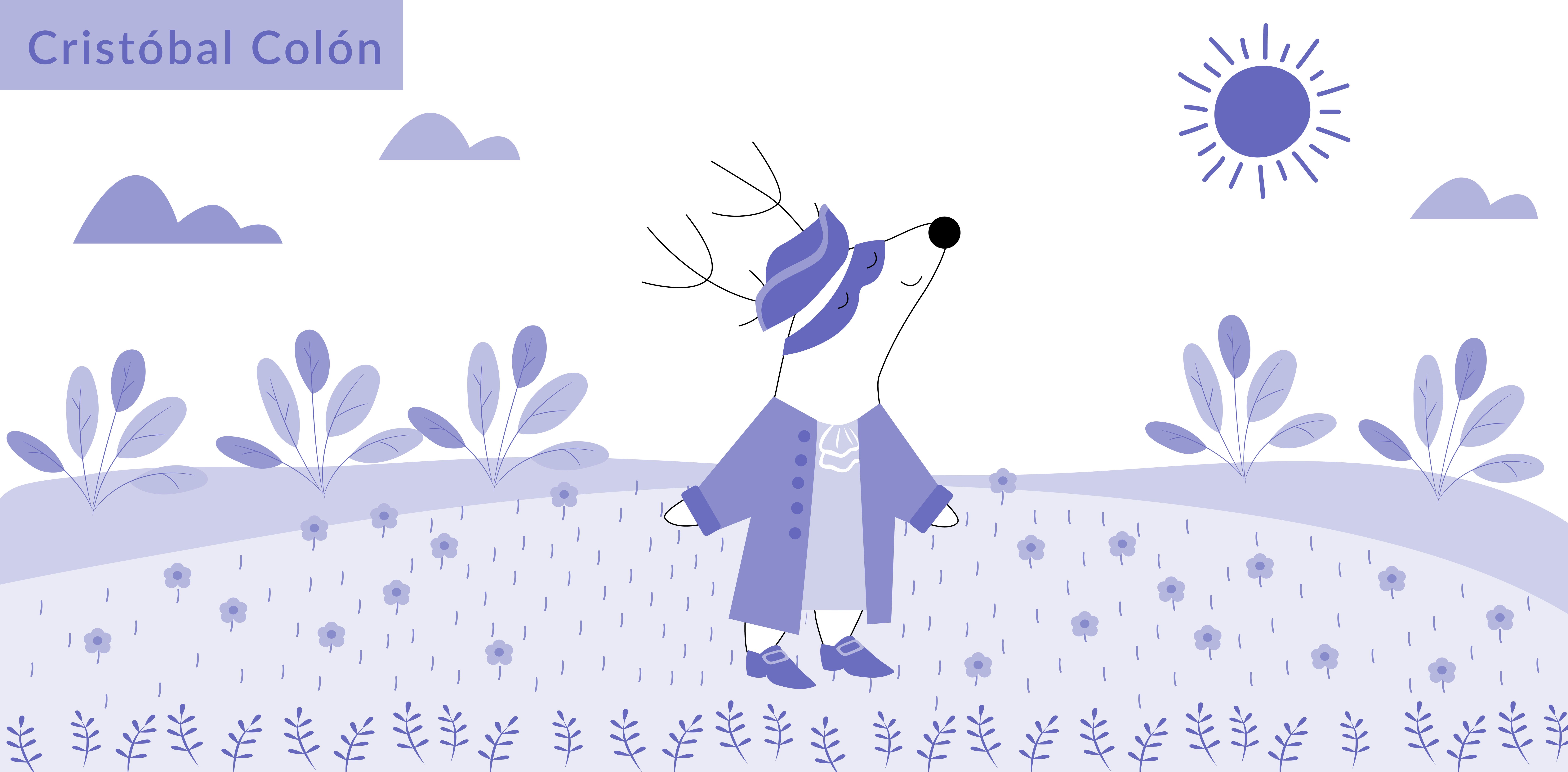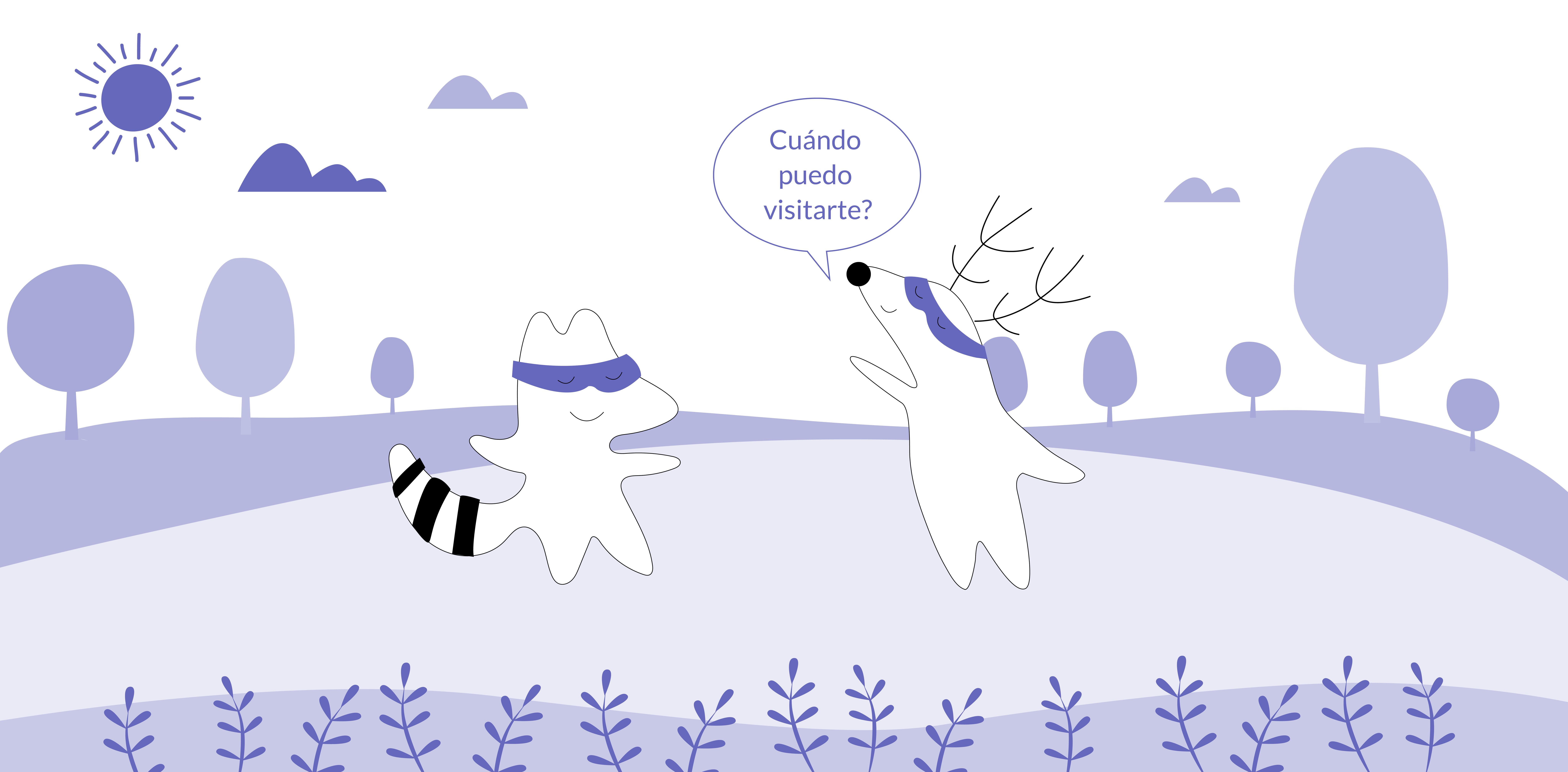
¡Hola! ¿Cómo estás? Are you ready to add some spice to your Spanish? Whether you're a seasoned language learner or just dipping your toes into the waters of español, you may be wondering about how to use the Spanish adverb "cuándo" (when).
But what does it mean, and how can you use it to improve your language skills? This article will explore the various ways to translate and convey the idea of "when" in Spanish, with and without the adverb itself!
Learn Spanish with Langster
Interrogative Adverbs in Spanish
Interrogative adverbs in Spanish are words used to ask questions about specific circumstances or the details of an action or event. If you’re learning Spanish on your own, here there’s a short explanation of the five interrogative adverbs in Spanish:
¿Cómo?
It's used to ask about the manner in which something is done or carried out.
Spanish
English
¿Cómo puedo relajarme si estás aquí?
How can I relax if you're here?
¿Cuándo?
This word is used to ask about the time when something happened or will happen in the future.
Spanish
English
¿Hasta cuándo es la clase?
Until when will the class last?
It's different from the word "cuando," without an accent, used to express a different idea:
Spanish
English
Cuando de hecho termine la otra clase comenzará esta.
When, in fact, the other class ends, this one will start.
We'll dive deep into this a bit further down the line!
¿Dónde?
It's used to ask about location.
Spanish
English
¿Dónde está la estación de tren?
Where is the train station?
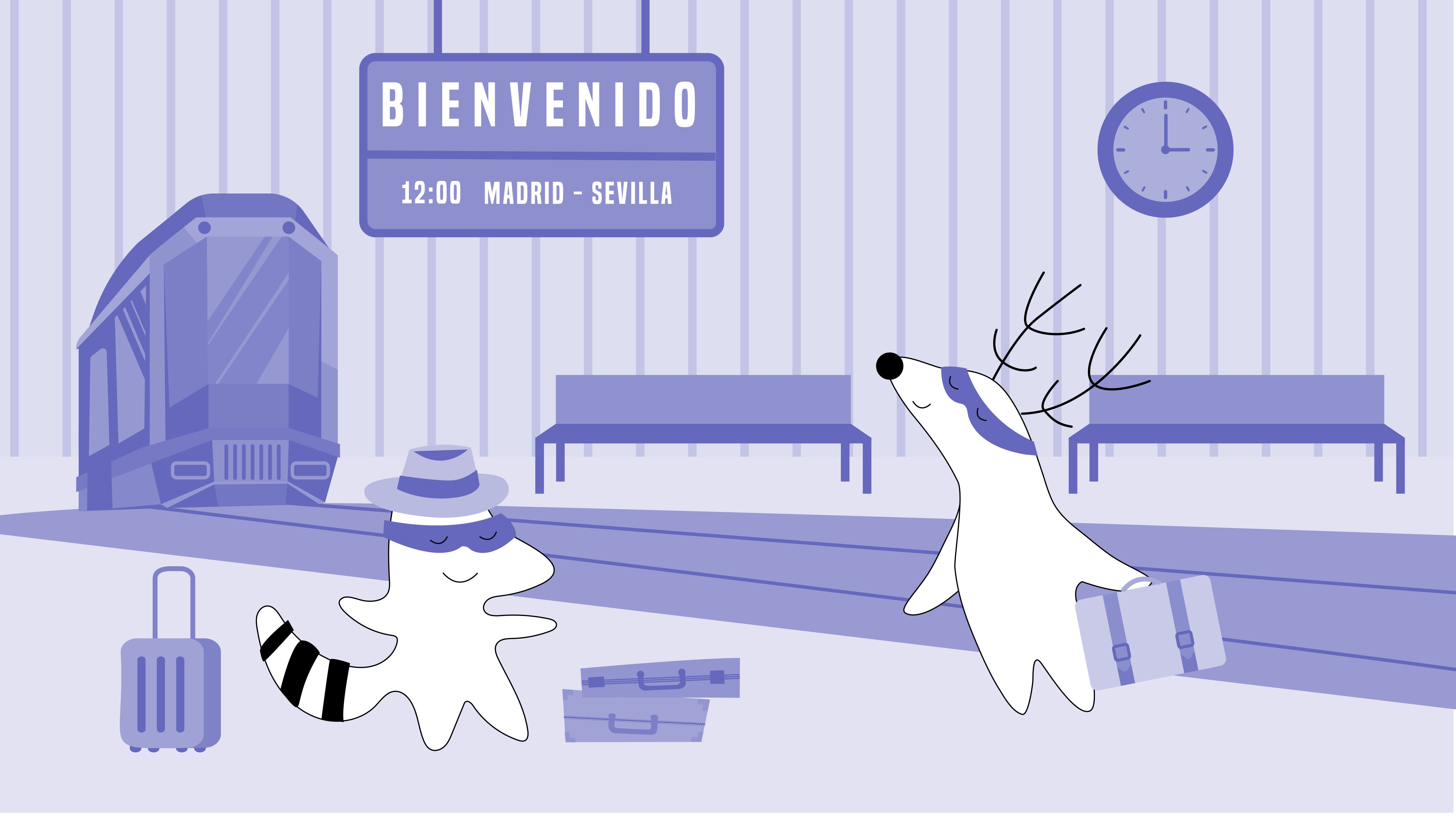
¿Por qué?
It's used to ask about the reason or motive behind an action or event.
Spanish
English
¿Por qué no viniste a la fiesta?
Why didn't you come to the party?
¿Cuánto?
It's used to ask about the quantity or number of something.
Spanish
English
¿Cuánto cuesta este libro?
How much does this book cost?
How to Use These New Words
While this new vocabulary can be a bit overwhelming, note that using these interrogative adverbs is not that difficult. First, they can be used in both direct and indirect questions.
In direct questions, they are placed at the beginning of the sentence and written between question marks (¿?). In indirect questions, they are used to introduce the subject of a question within an affirmative or negative sentence. For example:
Direct question:
Spanish
English
¿Cuándo vienes?
When are you coming?
This would receive an answer like "a las ocho en punto" or any other schedule.
Indirect question:
Spanish
English
No sé cuándo escuchabas esta canción.
I don't know when you used to listen to that song.
While this looks like a statement, it's actually a question and the person may answer "cuando era joven" or any other period in their life.
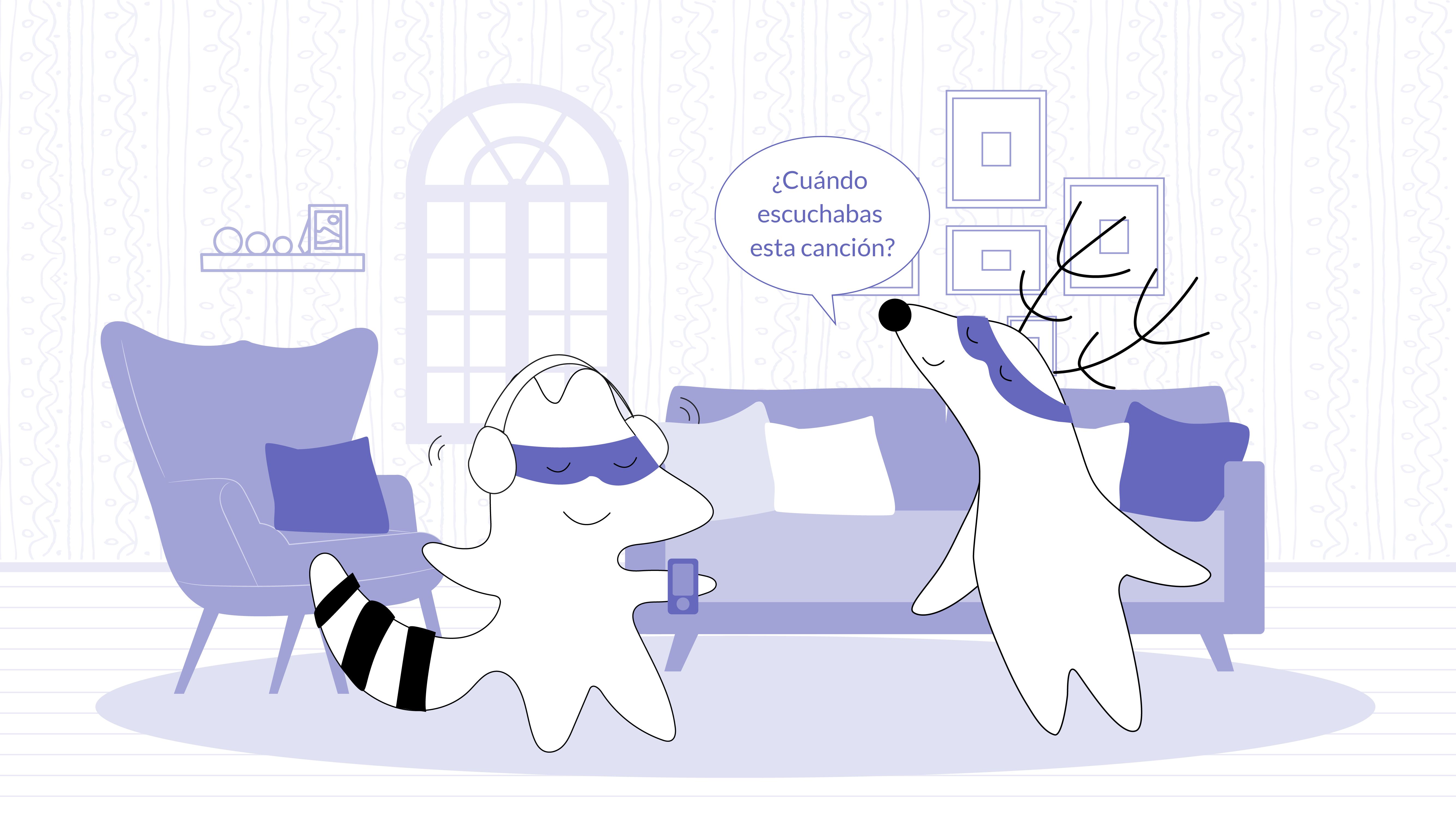
In summary, interrogative adverbs in Spanish are words or sentences used to ask questions about the specific circumstances or details of an action or event and can be used in both direct and indirect questions.
A Note on Cuándo vs. Cuando
Surely, you have noticed that cuándo has an accent on the “a.” Don’t forget to add it! This accent is what differentiates it from another very similar word: cuando.
But… what’s the difference between cuándo and cuando? While both cuándo and cuando are adverbs and both mean “when” in Spanish, cuándo is used when asking a direct or indirect question, and cuando is used in statements.
Cuando
Spanish
English
Cuando tenemos mucho trabajo, el tiempo pasa rápidamente.
When we have a lot of work, time goes by quickly.
Ese año nací yo: eso diría cuando fuera mayor.
That was the year I was born: that's what I would say when I'm older.
Cuando era estudiante, me gustaba cocinar.
When I was a student, I loved cooking.
Cuándo
Spanish
English
¿Sabes cuándo murió?
Do you know when he died?
¿Cuándo es el mejor momento para callar la boca?
When is the best moment to shut your mouth?
¿Cuándo lo conociste? ¿Hace solo tres años?
When did you meet him? Just three years ago?
Other Ways to Say When in Spanish
Cuándo is the literal translation of “when,” but learning it is not the only way to ask and talk about time! Here are some other expressions you need to know if you want to accurately ask about the time using other expressions.
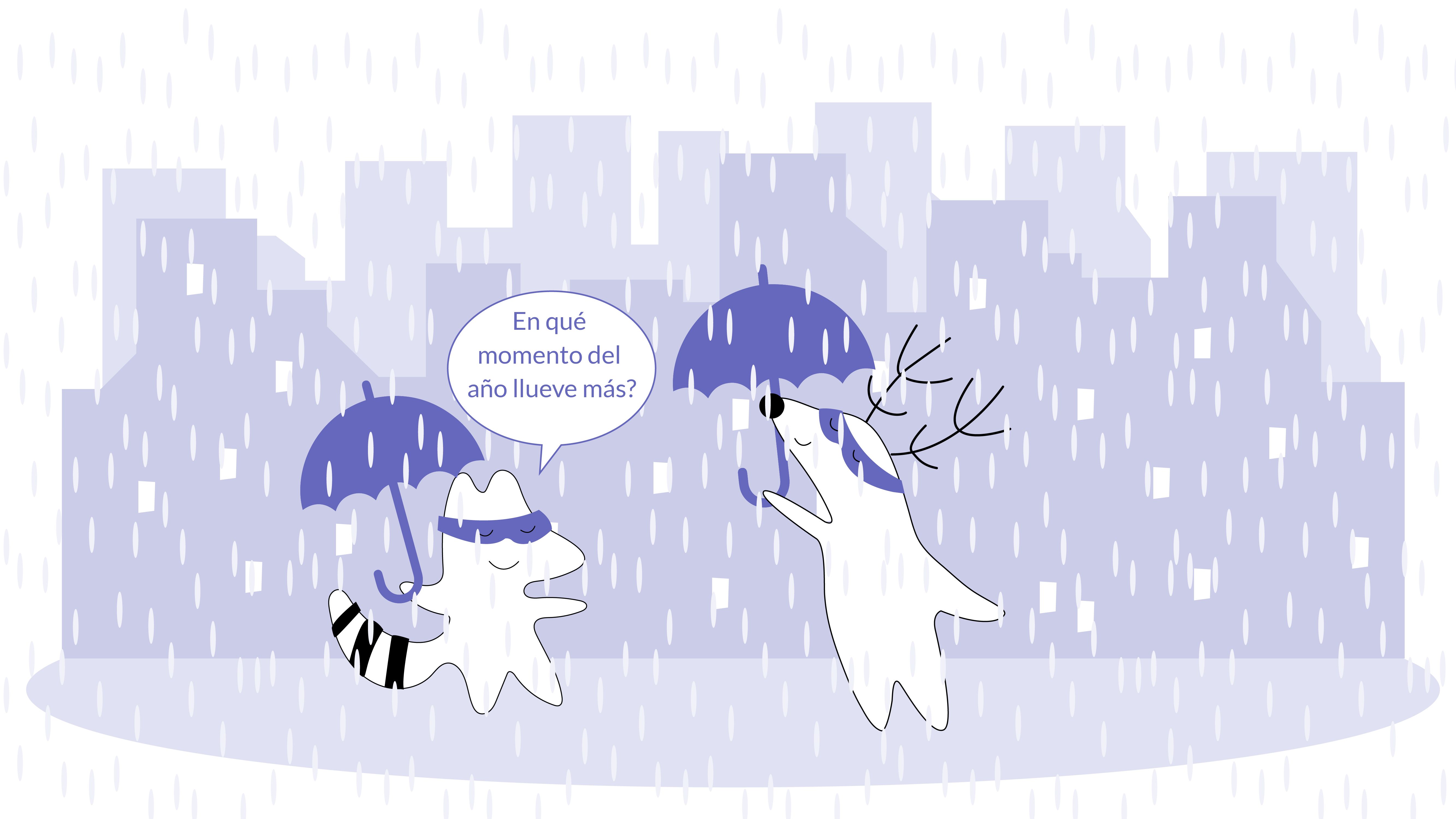
¿En qué momento?
¿En qué momento? means “In what moment?”, and it's a bit more specific than using "cuándo." For example:
Spanish
English
¿En qué momento vivió en el extranjero?
When did he live abroad?
¿En qué momento del año llueve más en esta región?
At what time of the year does it rain the most in this region?
¿A qué hora?
¿A qué hora? means “At what time?”. When we use this question, we’re asking about a specific time of the day. For example:
Spanish
English
¿A qué hora vamos al cine?
What time do we go to the cinema?
¿Qué día?
¿Qué día? means “What day?”. When we use this question, we are asking about a particular date:
Spanish
English
¿Qué día deberías evitar para no haberlo conocido nunca?
What day should you avoid so as to never have met him?
¿Qué día tienes clases de inglés?
On which days do you have English lessons?
¿En qué mes?
¿En qué mes? means “On which month?”
Spanish
English
Mi mamá recuerda una época vieja, ¿en qué mes se conocieron?
My mom remembers old times, when did you meet?
¿En qué mes empezaste a estudiar portugués?
What month did you start studying Portuguese?
¿En qué año?
Finally, ¿en qué año? means “On which year?”
Spanish
English
¿En qué año nació tu hijo?
On which year was your child born?
¿En qué año fuiste a Brasil?
On which year did you go to Brasil?
The Bottom Line
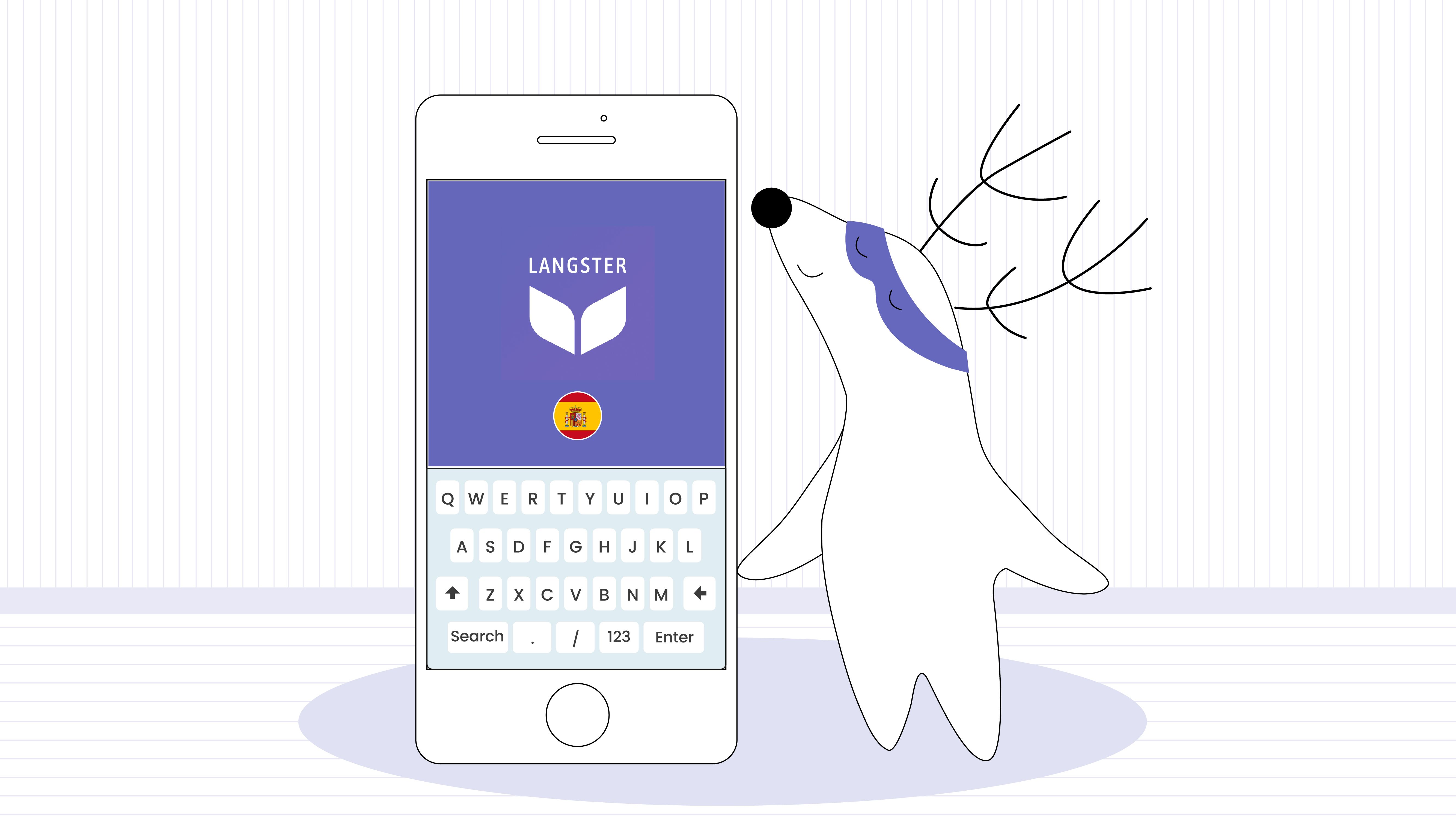
All in all, using "when" in Spanish is not that hard. It's all about understanding its meaning and learning a couple of rules to formulate the questions you want to ask.
When Spanish gets too complicated, you can always consult a good dictionary or use a language-learning app like Langster. By means of entertaining, real-life texts, you'll learn new vocabulary such as adverbs and pronouns, to start using them in the most natural, effortless way!







